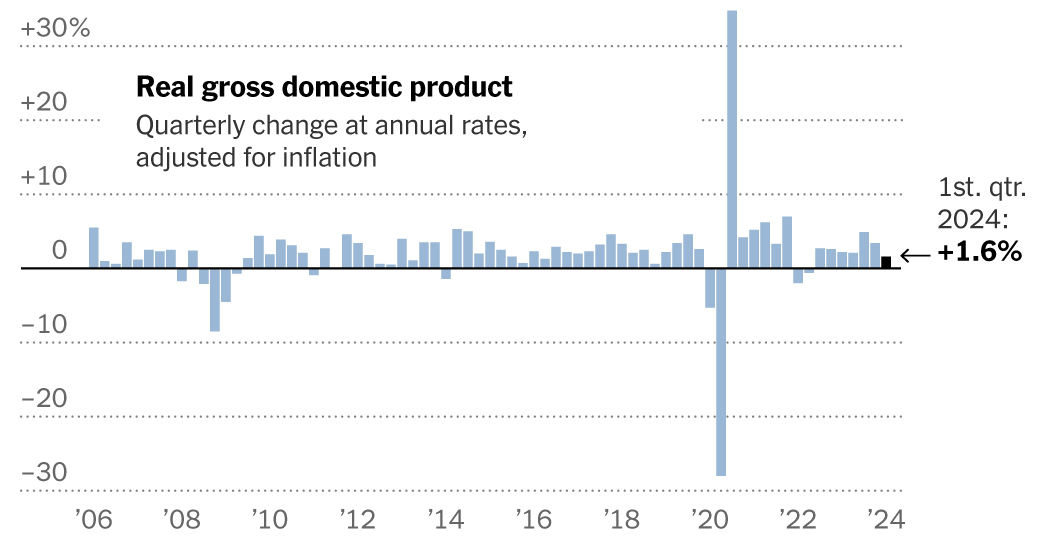The Impact of Microsoft’s Acquisition of Activision: How Big Tech Can Grow Even Larger
October 16, 2023 | by Kaju

In a clear message to the tech industry, Microsoft’s $69 billion acquisition of video game publisher Activision Blizzard has demonstrated that Big Tech can still get bigger, despite challenges from antitrust officials. This acquisition comes after a series of failed attempts by the Federal Trade Commission (FTC) and the Justice Department to block mergers involving tech giants like Microsoft, Google, and Amazon. With the completion of the Microsoft-Activision deal, there is a growing sentiment among Big Tech companies that now is the time to merge before regulatory scrutiny intensifies.
The Microsoft-Activision merger challenged the traditional notion that “vertical” transactions, which involve mergers between firms that are not direct competitors, are less likely to harm competition. In the tech industry, vertical deals have become increasingly common as companies like Meta, Apple, and Amazon seek to expand into new business lines. Despite regulatory efforts to block such deals, vertical transactions continue to occur and are generally seen as beneficial.
While the FTC is proceeding with its challenge to the Microsoft-Activision deal, the completion of the acquisition has reinforced the idea that vertical deals are not inherently anticompetitive and can still proceed without significant obstacles. However, antitrust officials, including those in the Biden administration, have been increasingly aggressive in challenging vertical mergers, even though many of their efforts have been rejected by courts due to a lack of evidence.
Despite the challenges faced by regulators, the Microsoft-Activision deal has emboldened bigger companies to be more confident in challenging regulatory scrutiny. Companies with the resources to fight back are now more willing to litigate and navigate the regulatory landscape as part of the cost of doing business.
While the regulatory environment continues to evolve, it remains to be seen how vertical mergers will be treated in the future. Antitrust officials will need to carefully choose cases where they can prove anticompetitive behavior with an abundance of evidence. Additionally, this aggressive stance by regulators may lead to calls for congressional action to change antitrust rules and expand the boundaries of the law. At the same time, bigger tech companies may feel more confident in challenging regulators, increasing the need for litigation as part of the deal-making process.
RELATED POSTS
View all


